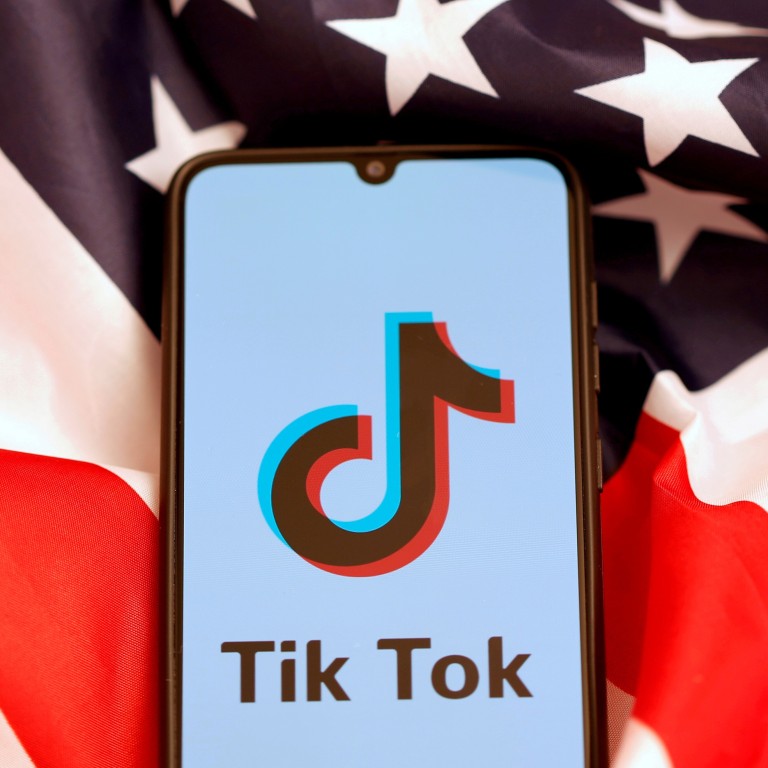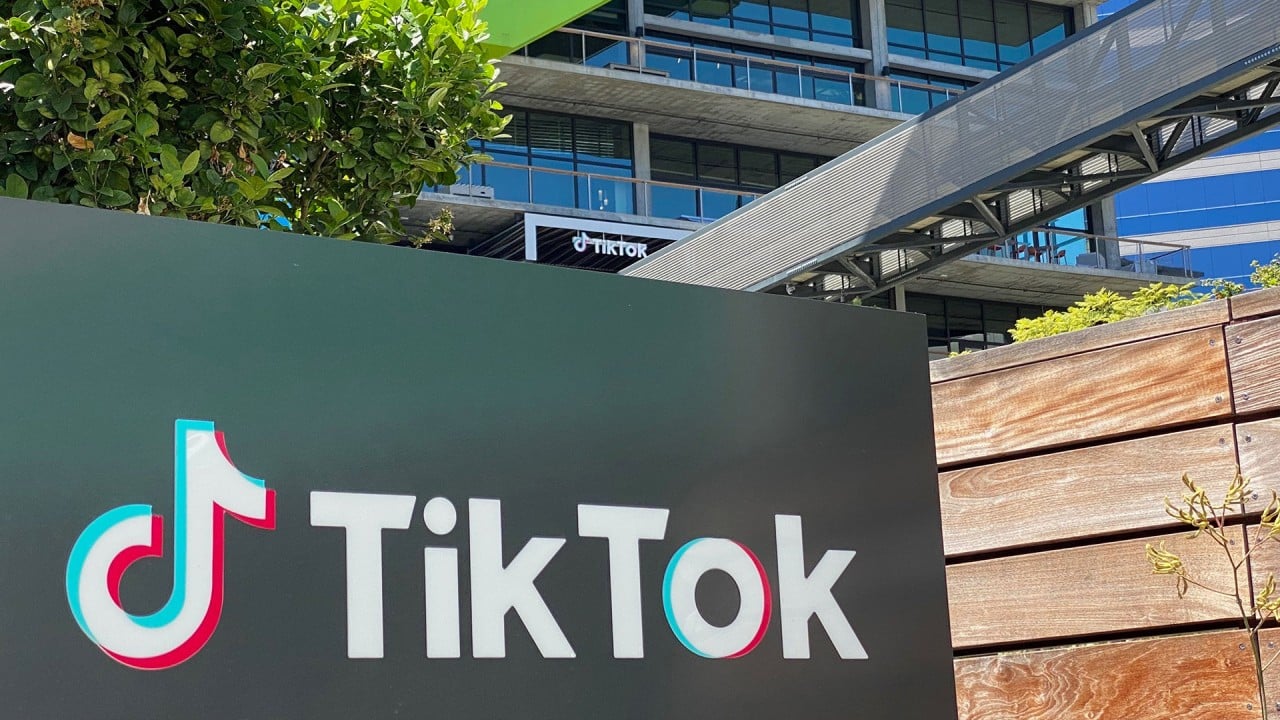
TikTok will be shut down if Oracle deal does not meet US security requirements, Treasury secretary says
- ‘All of the code will have to be in the United States,’ says US Treasury secretary
- ‘Oracle will be responsible for rebuilding the code, sanitising the code, making sure it’s safe in their cloud,’ adds Mnuchin
“If the deal can be closed on our terms, we will do it. If not, it will be shut down,” said Mnuchin at a CNBC investor conference on Wednesday.
“The president is focused on national security. Any deal will fully satisfy all of our national security issues,” Mnuchin said.
“All of the code will have to be in the United States. Oracle will be responsible for rebuilding the code, sanitising the code, making sure it’s safe in their cloud,” he added.
The government unit investigating foreign investments for potential national security issues, led by the Treasury Department, began its review of the deal late last year.
“Mnuchin is likely speaking about the security requirements coming out of the CFIUS review, which is on a separate track from the ban issued against TikTok on August 6,” said Paul Triolo at risk consultancy firm Eurasia Group.
TikTok launches in-app guide to US 2020 elections
“The CFIUS divestment order is caught up in the deal negotiations between Bytedance and Oracle, and any final deal will have to include a security mitigation strategy that meets Treasury and CFIUS requirements,” said Triolo.
Negotiations of the deal have had many twists and turns. Oracle, together with Walmart, emerged late in discussions as the leading group of US bidders for TikTok’s US operations, edging out the earlier frontrunner Microsoft.
Questions about whether the Oracle structure would be sufficient to secure data safety became the major issue. Under the structure, Oracle would have full access to TikTok’s source code and updates to make sure there are no “back doors” that could allow the transfer of user data to the Chinese government.

06:02
Global expansion of TikTok and other Chinese tech companies is likely, only not in the West
But Oracle and Walmart will together acquire 20 per cent of TikTok US, while ByteDance will retain a controlling 80 per cent in stake.
US government has said the deal would not be acceptable if ByteDance refused to give up majority stake in the US assets.
Adding another wrinkle, China in August announced newly updated export control rules that would require Beijing to sign off on the deal for selling TikTok’s core technology, the artificial intelligence powered algorithm that is considered the crown jewel of its assets, to a foreign owner.
The companies now have until November 12 to hash out a structure that would keep both Washington and Beijing happy.
What does the latest US court ruling on TikTok mean?
The ban, which was initially introduced by President Donald Trump in the August 6 executive order, was set to prohibit all new US downloads of TikTok effective on September 27.
Nichols directed the plaintiffs and the defendants to meet by Wednesday to work out the next steps in the dispute.

